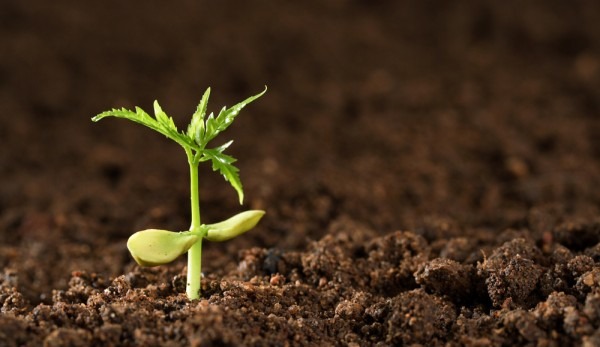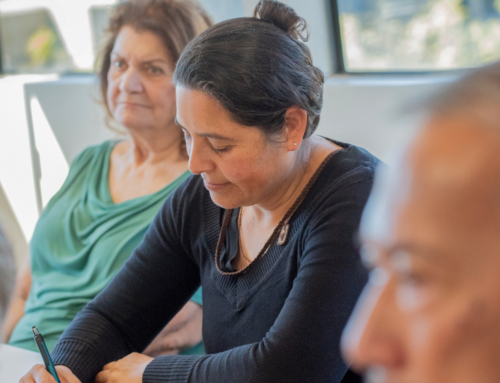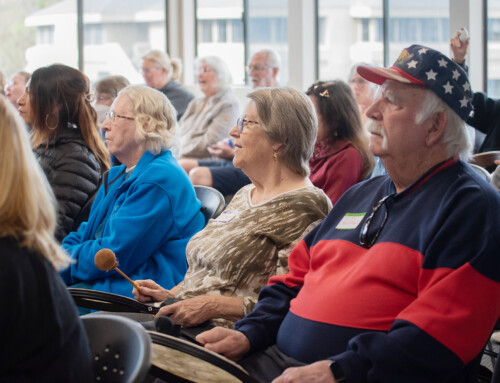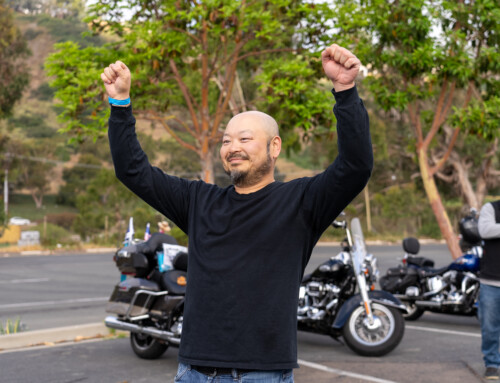By Caroline Ster
 A new hypothesis of whether sending plants to space could increase their healing properties is being tested, and has the exciting potential to be the key to fighting a number of diseases such as Alzheimer’s. Currently, department chairperson of pharmaceutical sciences at the University of Kentucky (UK) Joe Chappell, UK postdoc Chase Kempinski and a team from Space Tango are testing this theory.
A new hypothesis of whether sending plants to space could increase their healing properties is being tested, and has the exciting potential to be the key to fighting a number of diseases such as Alzheimer’s. Currently, department chairperson of pharmaceutical sciences at the University of Kentucky (UK) Joe Chappell, UK postdoc Chase Kempinski and a team from Space Tango are testing this theory.
The idea to send plants to space stemmed from the fact that plants have been a long-time source for medical applications. So far, Chappell and Kempinski have sent Madagascar Periwinkle, known to produce anti-cancer properties, and Valerian, known for its anti-anxiety, seeds to orbit.
The idea is to send plants to space to see how they react. When plants experience “stress” they are able to adapt to the new environment. By sending plants to space, researchers are eliminating gravity, a constant force that plants are well-adapted to. Studying how plants react to this new environment could potentially provide insight on how researchers can optimize medical applications.
After the studies of sending seeds to orbit are completed, the next step will be actually germinating them in orbit to see what changes the lack of gravity may result in. While the process of this study may be far out, researchers remain hopeful that the experiment will increase the effectiveness of healing properties in plants.




